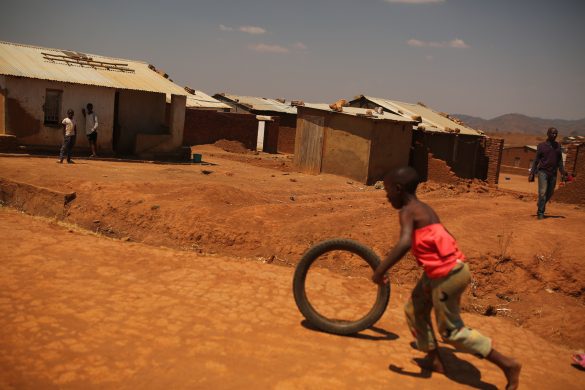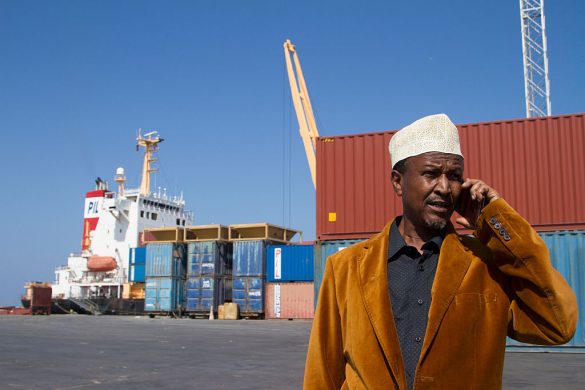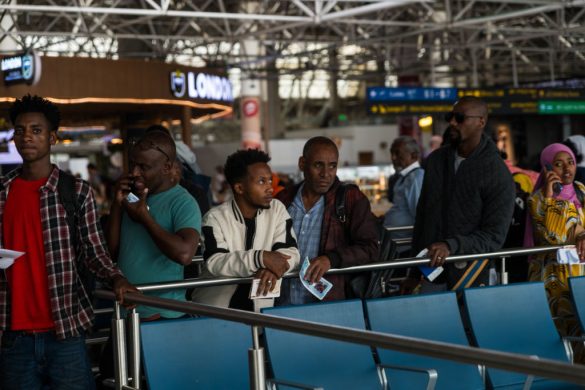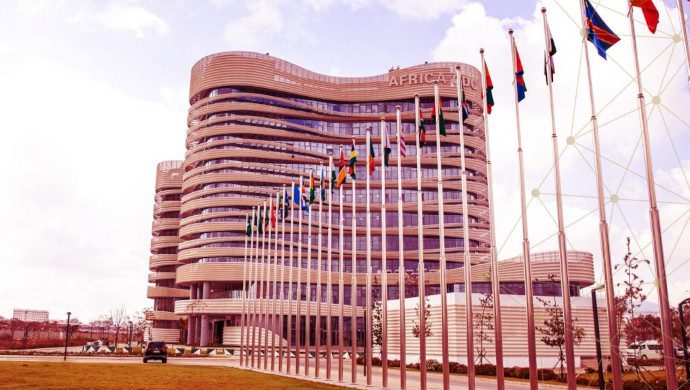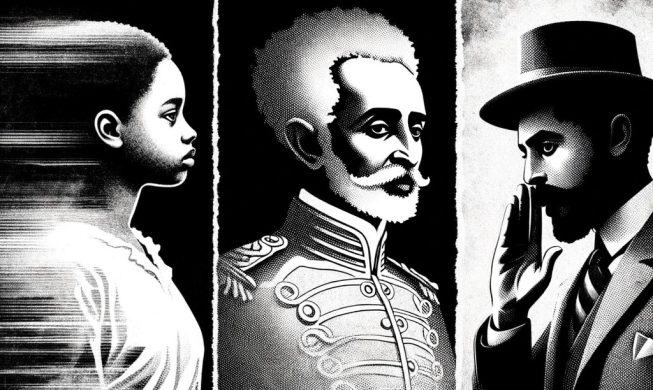Abiy Ahmed has been voted in as leader of Ethiopia’s ruling coalition, paving the way for him to step into the shoes of Prime Minister Hailemariam Desalegn, who unexpectedly resigned last month, BBC online writes Wednesday.
Se også https://en.wikipedia.org/wiki/Hailemariam_Desalegn
He inherits a country that has seen some of the fastest economic growth in the world in recent years.
But it has also been riven by years of protests by people who feel including torture and extrajudicial killing of political dissidents.
When mr. Abiy is sworn in, he will become the country’s first Oromo leader – the ethnic group at the centre of nearly three years of anti-government protests, which have left hundreds of people dead.
One of their main complaints is that they have been politically, economically and culturally despite being the country’s largest group.
Mr. Abiy is leader of the Oromo People’s Democratic Organisation (OPDO), one of the four ethnic parties which make up the ruling the Ethiopian People’s Revolutionary Democratic Front (EPRDF) coalition.
The 42-year-old, who was born in the city of Agaro in Oromia and comes from a mixed Christian-Muslim family, joined the OPDO in the late 1980s.
He has served in the military and rose to the rank of Lieutenant Colonel, before becoming the founder and director of the country’s Information Network and Security Agency, which is responsible for cyber-security in a country where the government exercises tight control over the internet.
Mr Abiy is seen by many as outspoken and competent, with a participatory leadership style. This leaves opposition figures cautiously optimistic about the future – as long as he tackles the issues behind the unrest and unhappiness in Ethiopia, BBC notes.
But Abiy Ahmed has inherited a ruling coalition beleaguered by a power struggle within its four ethnically based parties, and a country where many are unhappy with the status quo.






